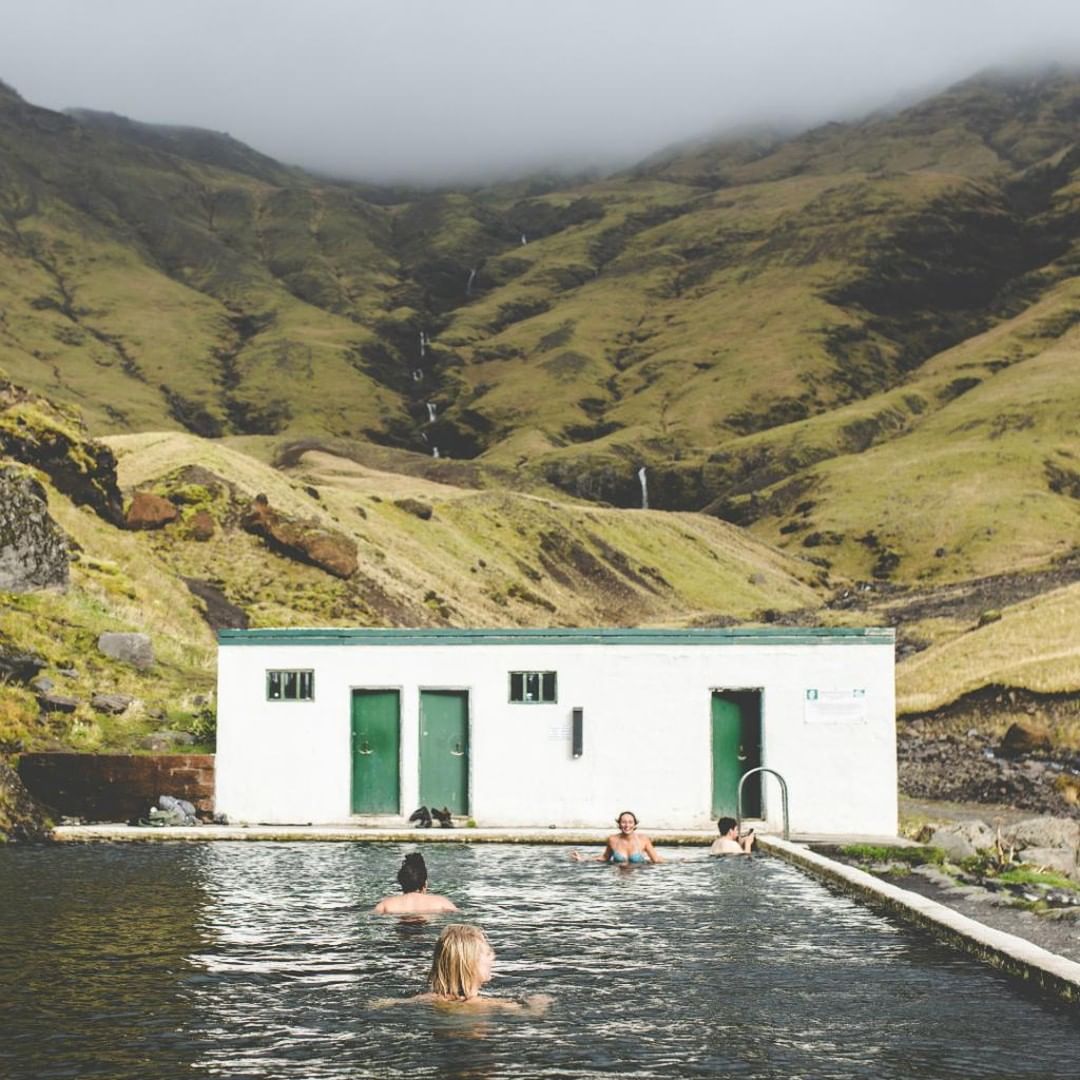

The idea of throwing yourself into cold water and paddling about may seem quite ludicrous but in fact it turns out that the pain of wild swimming maybe worth the gain.
Here are 5 reasons why wild swimming can benefit your health as well as being a great way to cool down and get in touch with nature.
1. Improves your Circulation
When your body heats up your blood is brought to the surface and being cold sends it to your organs. Both extremes get your blood pumping. That’s why the whole sit in the sauna, roll in the snow, sit in the sauna thing makes people glow.
This increase in blood being pumped around your body helps flush your circulation, it will exfoliate your skin and flush impurities from it, thus helping your complexion (firm-bodied women of all ages around pool sides say it stops cellulite). Evidence also demonstrates that your body adapts to the cold with repeated exposure and this may improve your circulation.
2. Lose weight
Swimming is great exercise no matter where you do it but you will get some extra benefits doing it in the North Sea that you just won’t get from a warm wade in the Med.
Swimming in cold water will make your body work twice as hard to keep you warm and burn more calories in the process.
3. Benefits to your immune system
While diving into freezing water feels like you are closer to having a heart attack than having fun it turns out that this feeling of shock can actually boost your immune system.
Research has shown that when people regularly swim in cold water their white blood cell count increases significantly and the immune system is invigorated.
4. Get a Natural high
Winter swimmers talk a lot about the ‘high’ they get from cold water. The cause? Endorphins.
Endorphins are the body’s natural pain killers and, in the case of a cold dip, it uses them to take the sting away from your skin. So, to get high on your own supply, all you need to do is jump in a river.
5. Improves your sex life
Last but definitely not least, research has found that when people have been subjected to cold water on a frequent basis there is an increased production of testosterone and oestrogen in men and women respectively.




